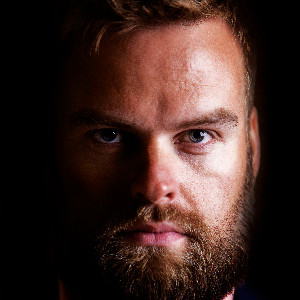Hi, everyone!
I graduated 3 years ago. While studying I was fond of case solving - both with friends just for fun and within case championships (BNP Paribas Ace Manager, KPMG ICC in particular). After graduation I chose to start my career within an industry as an indoor consultant and then switched to front line business division where I work till now.
I took a decision to move to MBB consulting due to several reasons and now in process of preparation. What I observe is that industry experience deepened my business judgement a lot, though I almost lost the skill of structuring which I realized only now when returned to case solving.
Did anyone have a similar experience of moving from an industry to consulting or is in process of moving now? Is it possible to keep working and preparing for case interview or is it better to qiut the job? Would be grateful for any recommendations.

















